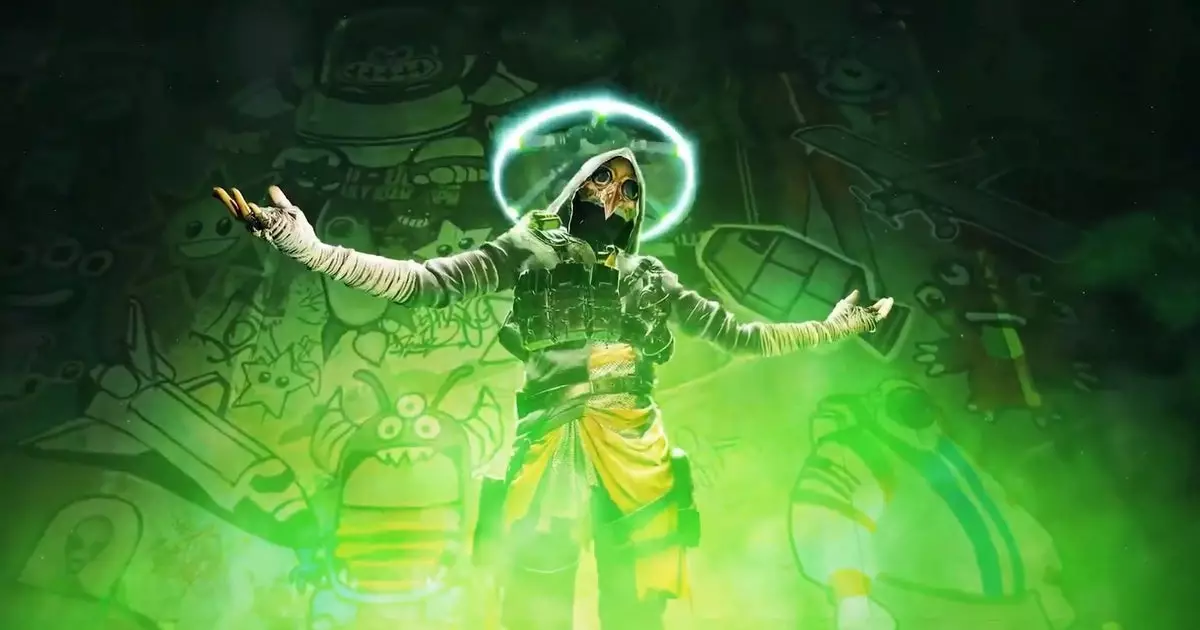The gaming landscape is one marked by innovation and fierce competition, where the lifespan of a project can vary dramatically in the blink of an eye. A recent example of this volatility is Ubisoft’s XDefiant, a multiplayer PvP shooter that, after facing significant challenges, has been discontinued. In the process, about 277 employees, a sizable number, were laid off from various development studios engaged in the project worldwide. This serves as a stark reminder of the fragile nature of game development, particularly in the increasingly cutthroat realm of free-to-play games.
At the core of Ubisoft’s decision to discontinue XDefiant is a stark reality: the game failed to attract and maintain a player base robust enough to thrive in the competitive FPS market. Marie-Sophie de Waubert, an Ubisoft executive, articulated this challenge in her statement. The need for compelling gameplay, engaging mechanics, and a strong community has never been more pressing in a free-to-play environment that often sees players jump ship at the first sign of stagnation. De Waubert emphasized the difficulty of retaining players, a chronic issue among games in this category.
As Ubisoft has transitioned away from the game, the ramifications rippled across its global studios, including locations in San Francisco, Osaka, and Sydney, with over half of the development team facing job losses. While the official line states that remaining personnel will be “transitioning to other roles,” the fact remains that their commitment to XDefiant has ended. This narrative prompts a broader discussion on the sustainability of projects in similar genres that rely heavily on player engagement.
Ubisoft’s strategic direction, as reiterated by de Waubert, remains firmly ingrained in the games-as-a-service model. Despite the risks highlighted by XDefiant’s failure, Ubisoft is committed to continuing its focus in this direction. Interestingly, the executive cited examples like Rainbow Six Siege and For Honor as success stories that emerged from rocky beginnings, suggesting a belief in second chances. However, this philosophy tends to overlook the changing dynamics in player expectations and the gaming marketplace.
In an industry where gamers have evolved to become discerning consumers, features like lengthy content cycles and the promise of constant updates are no longer seen as mere luxuries. They have become prerequisites for success. As gaming becomes more competitive, this continued commitment from Ubisoft might edge towards being an act of hope rather than a well-calibrated strategy.
In the lead-up to the discontinuation, there appeared to be a disconnect between the company’s public discourse and the reality within the ranks. Back in September, executive producer Mark Rubin insisted that XDefiant was “not dying” and that management had a strong belief in the game’s potential. However, such statements now seem disingenuous when contrasted with the rapid unraveling of support barely six months later. This contradiction raises questions about internal communications and the transparency, or lack thereof, in the upper echelons of game production.
The use of terms like “departing” to mask job losses is another alarming trend in corporate vernacular, often failing to address the human toll involved. This facade can create an atmosphere of mistrust not only within companies but also between developers and their gaming communities.
The shuttering of XDefiant, while unfortunate, offers critical insights into the broader gaming industry. It highlights the importance of player feedback and swift adaptation to community needs. Ubisoft’s earlier promises of responsive development stand as a testament to their awareness of these needs, yet implementation fell woefully short. Designing games that resonate with audiences requires agility, creativity, and a willingness to pivot when faced with mounting challenges—a difficulty compounded when company leadership remains tied to traditional models for too long.
Looking to the future, the closure of XDefiant could serve as a wake-up call for not just Ubisoft, but all studios navigating the ever-morphing landscape of gaming. The lessons learned from this experience—understanding player expectations, refining messaging, and emphasizing community engagement—can fast-track efforts for success in forthcoming projects. However, for the nearly 300 professionals laid off, those lessons arrive at a steep personal cost.
As the industry moves forward, it pushes towards a future that balances innovation and realism, reminding us all that even in one of the world’s most glamorous industries, stability is often an illusion.

